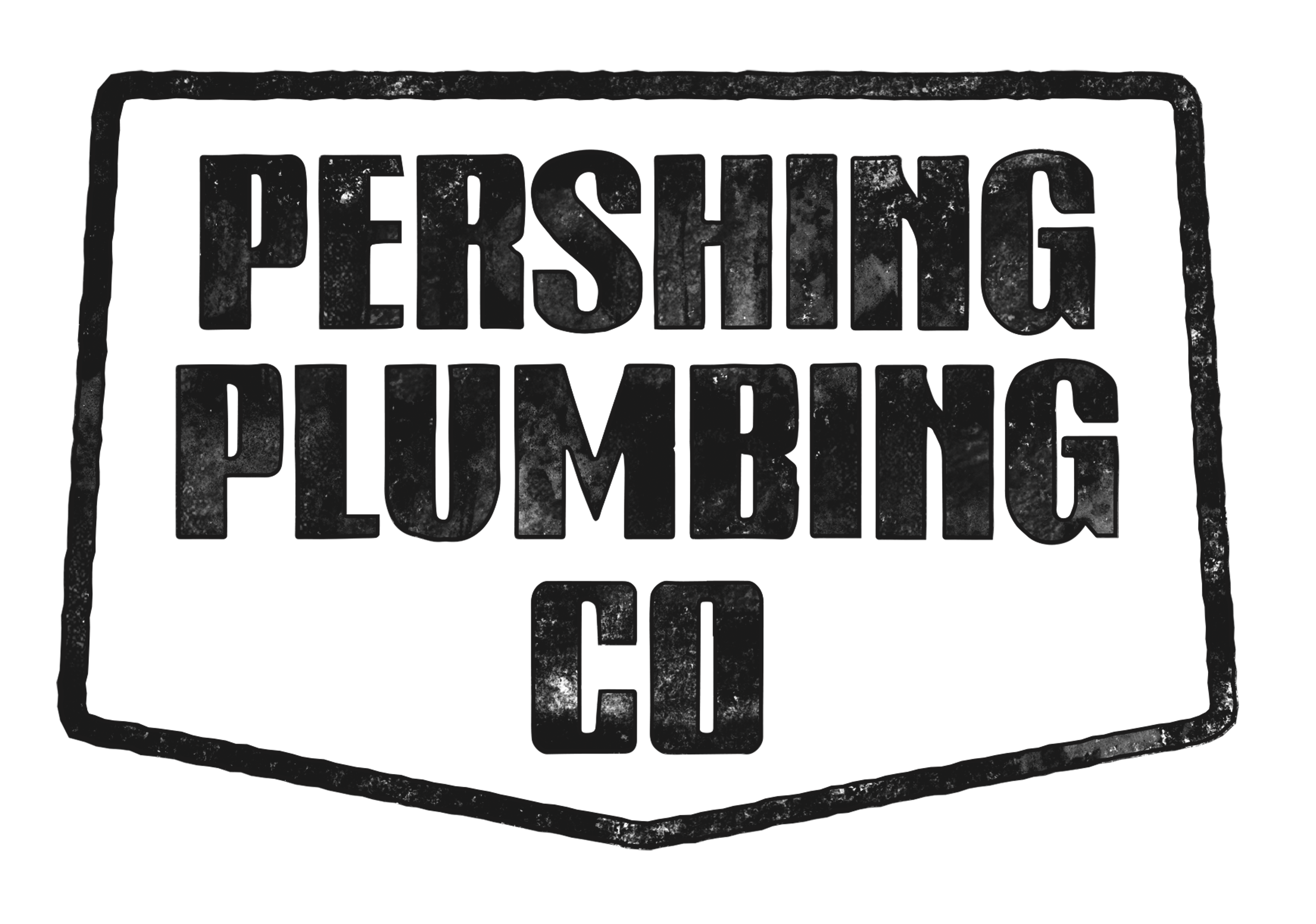Natural gas, which is used to heat and dry homes in the United States, is a reliable source for energy. While gas leaks are rarely dangerous, they can pose a danger to your health or property if they are not properly installed.
Gas can be dangerous. Gas can be dangerous. You can also learn how to stop and fix leaks.
What’s a Natural Gas Leakage (or )?
Natural gas can be used as an alternative to fossil energy sources. It comes from below the Earth’s surface.
With older gas lines, natural gas leaks are more frequent. These lines can corrode and eventually crack at the edges.
Leaks of Gas: The Dangers
Natural gases contain methane. However, natural gas leaks can be dangerous in certain circumstances.
- Small spaces can be affected by high levels of natural gas.
- Flammable compounds can explode if left in the open.
- Dead vegetation, trees, houseplants.
- The prices for gas are higher
- Property damages can be very costly.
Understanding the basics behind gas leak detection in your house is essential.
How can you spot a gas leak
Here are five methods to find gas leaks within your home:
Try to smell rotten eggs or sulfur
Natural gas companies may add mercaptan (mercaptan) to their natural gas to create an odor. To give natural gas an odor, most gases are colorless or odorless.
A hissing or whistling sound could be heard.
If you hear a whistling sound or hissing near your gas lines, a gas leak could be the problem. If your A/C is making a loud hissing noise, you could have a leaky or defective compressor, refrigerant, or a leaking valve.
Take the Stove Top or Range Top a closer look
The flames from a gas stove usually glow blue when it is turned on. This could indicate that there is oxygen in the atmosphere.
Use a gas leak detector
Using a gas leak detector to detect if there is an issue with gas is the best method. Refer to our recommendations at end.
Do a soapy water testing
Mix a teaspoonful of soap with one cup of water to make a concentrated soap. Apply the solution to the area that you suspect is leaking. Look out for bubbles. It is an indication that gas is escaping.
How To Prevent Gas Leaks In Your House
Maintaining gas-using equipment is the best way of avoiding gas leaks in your home. Keep your gas lines inspected regularly to prevent any future gas leaks. It is possible to have your gas system examined by a professional plumber.
The Best Gas Leak Detectors and Sensors
There are many sensors and leak detectors that you can choose from. Manufacturers of sensors and detectors are very specific about which gas/gases they can detect. The most common gases that gas leak detectors are capable of detecting are listed on the packaging.
- Natural gas is a combustible substance. It mainly contains methane and propane. Propane gas weighs more than air so detectors must be placed lower than the ground.
- Toxic gas. Carbon monoxide may be released from a leaking device or from a vehicle kept in an attached storage garage. This can lead to serious health issues and even death.
- Radion A high level ofradon in your basement, crawl space or basement will not cause it or other radioactive substances to explode.
The following gas detectors are available to help you and your family stay protected.
Natural Gas and Propane Detectors
You can get a portable extension or plug-in for natural gas detectors and propane. This detector can detect gas leaks up to 24 hours away from your kitchen. You should use a portable gas detector to locate the source of gas leaks.
Carbon Monoxide Alarm
This is a form of carbon monoxide that can be found in household devices that use natural gas like boilers, central heating systems, and water heaters.
A Carbon monoxide detector prevents serious injury and death from high levels of carbon monoxide within enclosed spaces. The First Voice Location Smoke, carbon Monoxide Alarm uses an electrochemical CO sensor to show you where the highest concentrations of carbon monoxide.
Carbon Monoxide Detector
A hybrid alarm that detects both carbon Monoxide and explosive gases such as methane or propane is the best way for detecting dangerous gas leaks.
The First Alert Combination Gas and Carbon Monoxide Alarm works with all AC outlets. The alarm detects high levels gas in your home using the most advanced technology. 10055.g.32010999[src
Radon Detector
The Environmental Protection Agency recommends that homeowners repair homes whose radon levels exceed 4 pCi/L. The agency recommends homes be repaired for levels between two and four pCi/L. It is extremely difficult to reduce levels below. You can take steps in order to fix the problem. If these solutions worked, the short-term results will tell.
How to fix gas leaks inside your home
A gas leak should be repaired immediately.
Turn off your gas and remove the outer covers
Gas can be dangerous to work on. Turn off the gas supply and take out all gas line covers.
Take out the gas line
High pressure can cause gas line leaks. The gas regulator from the gas line must be removed.
Clear the Line and Release the Residue Pressure
The gas residue that builds up in your gas lines will cause it to become clogged. Unscrew the fittings from the high pressure pipe. A wrench is all you need to accomplish this task. Next, use an acetone wrench to clean the high-pressure line.
Attach to the Gas Line
You can prevent new leaks by making sure that the gas line is correctly fitted. Check the angle of gas lines to make sure that the high pressure line doesn’t interfere with the low pressure.
Use Epoxy
Place epoxy on the gas line according to the instructions. Let it dry overnight. Then, tighten your high pressure gas lines. Attach the low pressure gas hose.
View the Gas Lines
You should not assume that the gas-line repair was successful. You can carry on with your regular routine. Turn on the gas and check for leaks using a detector or another preferred detection method.
Continue sealing the gas leaks until you are satisfied. Place the covers over the gas pipes after you have completed any gas leak repair.
Get in contact with a plumber
Contact a professional Glendale, CA Plumber to fix your gas pipes.
A plumber is needed to repair gas leaks that could have been caused due to earthquakes or other natural catastrophes. If you suspect there might be a gas leaking, it is crucial to have a qualified plumber inspect the pipes.

